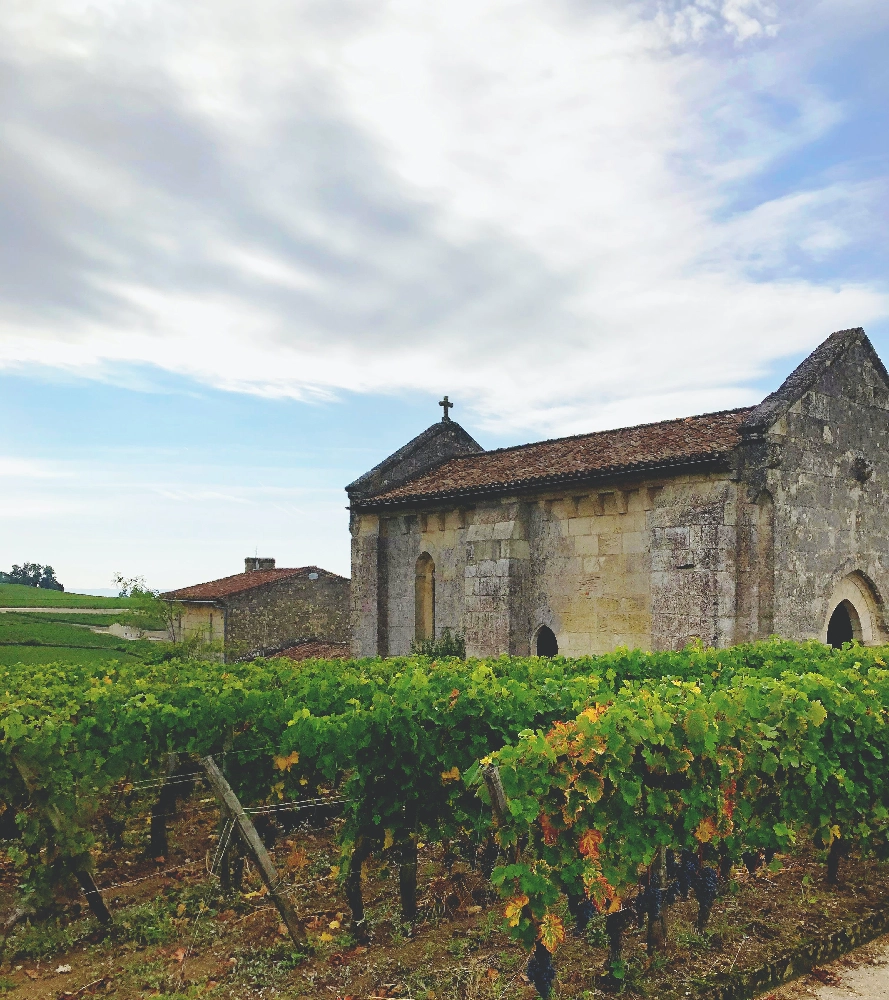
Alsace Grand Cru 'Frankstein' Wineries & Wines Stats
Wineries
2
Wines
50
Unraveling the Rich Cultural Tapestry of Alsace Grand Cru 'Frankstein' and Its Wines
Introduction: Alsace Grand Cru 'Frankstein', a renowned wine region nestled in northeastern France, has long been celebrated for its unique winemaking traditions, distinct grape varieties, and rich cultural heritage. In this review, we delve into the intriguing stories behind this exceptional territory, exploring how the interwoven threads of history, geography, and culinary practices have shaped its wines and left an indelible mark on the world of viticulture.
Background: Located in the northeastern part of France near the borders of Germany and Switzerland, Alsace Grand Cru 'Frankstein' is a small but significant winegrowing region. Historically, this area has been influenced by various European cultures due to its strategic location and complex political history. The unique blend of these influences has given rise to a rich cultural mosaic that is beautifully reflected in the wines produced here.
Wine Style: The wines of Alsace Grand Cru 'Frankstein' are primarily known for their high quality, mineral-rich character, and versatility. The region's cool climate and distinct soil composition give rise to elegant expressions of white grape varieties such as Riesling, Gewürztraminer, Pinot Gris (Tokaji Aszú), Muscat, and Sylvaner. These wines are typically dry or off-dry, with excellent acidity and a subtle sweetness that adds complexity and depth.
Historical Impact: The history of Alsace Grand Cru 'Frankstein' is as captivating as the wines it produces. Throughout its tumultuous past, this region has been ruled by various European powers, including the Holy Roman Empire, France, Austria, and Germany. Each of these influences left an indelible mark on the territory, shaping its winemaking traditions and fostering a deep sense of cultural diversity that continues to thrive today.
Geographical Impact: The unique geography of Alsace Grand Cru 'Frankstein' plays a crucial role in the production of its exceptional wines. The area is characterized by rolling hills, slate soil, and a cool climate, which together create an ideal environment for growing white grape varieties. The region's distinctive terroir contributes to the wines' mineral-rich character, complexity, and aging potential.
Culinary Impact: The gastronomic traditions of Alsace Grand Cru 'Frankstein' are as diverse and intriguing as its winemaking practices. The region is known for its hearty, flavorful dishes that often feature local ingredients such as pork, sauerkraut, and potatoes. The wines of Alsace pair exceptionally well with these rich, savory dishes, highlighting the interconnectedness of food, culture, and viticulture in this remarkable territory.
Conclusion: Alsace Grand Cru 'Frankstein' is a captivating wine region that offers an enriching exploration into the complexities of European winemaking traditions, cultural diversity, and historical significance. The wines produced here are not only a reflection of their unique terroir but also serve as a testament to the rich tapestry of stories, flavors, and influences that have shaped this exceptional territory. By delving into the stories behind Alsace Grand Cru 'Frankstein's wines, we gain a deeper appreciation for the complex interplay between history, geography, and culinary practices that has made this region an indelible part of the global wine landscape.
